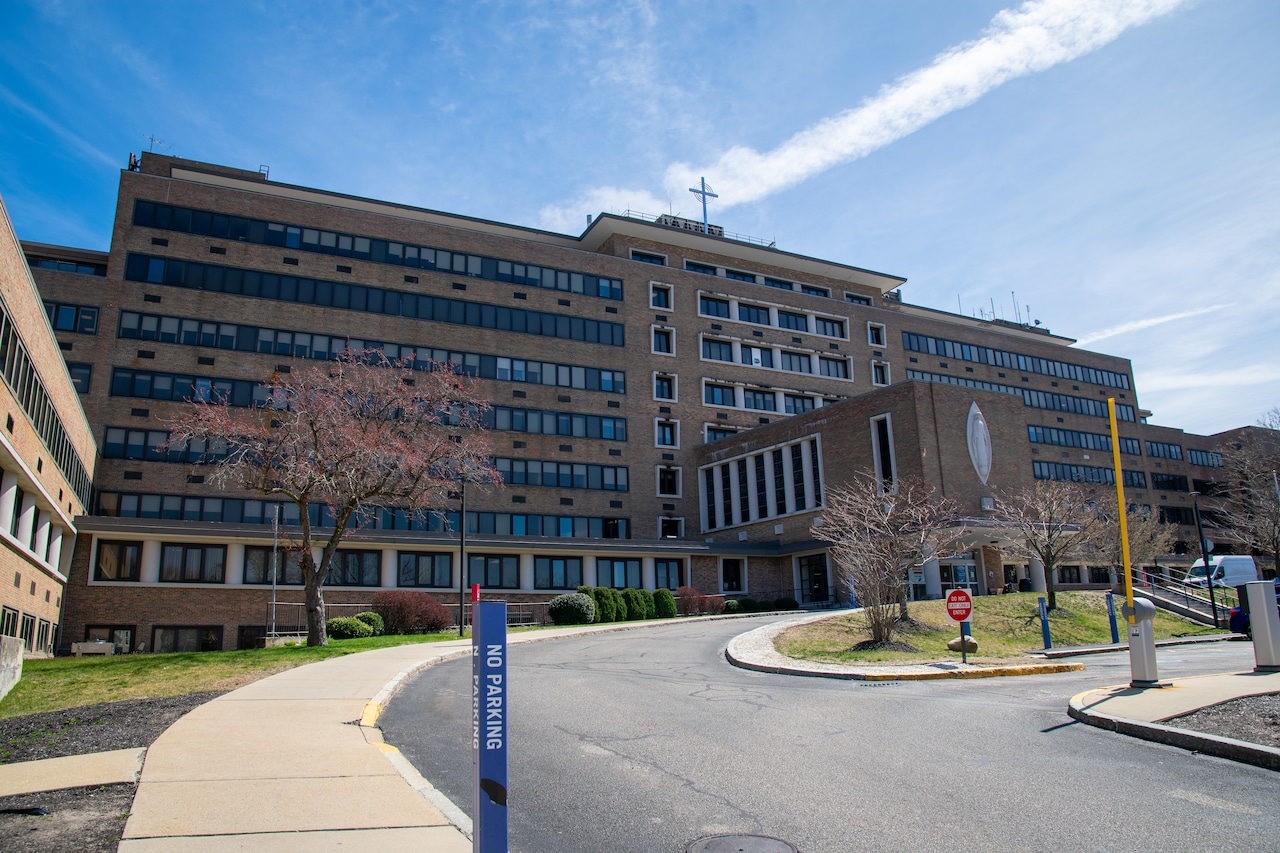
Steward Health Care’s mismanagement of its hospitals in Massachusetts and elsewhere meant patients spent hours longer in the emergency room than the national average.
Yet some patients still left Steward’s ERs without receiving care at a rate that also exceeded the national average.
The bankrupt, Dallas-based hospital chain also saw death rates for certain conditions at some of its hospitals increase, while fatalities for those same conditions held steady or decreased across the country.
More than half of Steward-owned hospitals ranked in the bottom half of acute care hospitals nationwide for patient outcomes. Many of those hospitals also ranked in the bottom quarter for hospitals nationwide and in their state.
Those are just a few of the top-line findings of a new report issued by one of the chain’s most vocal critics on Capitol Hill, U.S. Sen. Ed Markey, D-Mass.
Its release comes the day before the U.S. Senate’s Health, Education, Labor and Pensions Committee holds a Thursday hearing in Washington D.C., on the chain’s very public financial collapse.
“The lesson from this crisis is clear: we need permanent guardrails against corporate greed in health care,” the document reads. “Otherwise, corporate executives will continue to place their wealth over the public’s health, risking patient lives and worker livelihoods.”
To reach the conclusions listed in the 24-page document, Markey’s office said it used publicly available data from the U.S. Centers for Medicare and Medicaid Services; data from the Lown Institute, a Boston think tank that focuses on health care issues; reports by health care workers, bankruptcy documents and “other public reporting.”
Taken together, the report details how Steward’s “financial destruction translated to dangerous conditions for patients and health workers.”
- Read More: As Mass. hospital chain collapses, their job is to help pick up the pieces | John L. Micek
The report, which was made public Wednesday, also paints a picture of a hospital chain where employee morale plummeted amid “degrading facilities, missing equipment, and chronic understaffing.”
- Read More: They rallied to save Dorchester’s Carney Hospital. It might not be enough | John L. Micek
Steward filed for bankruptcy in May, saying it was unable to meet the tens of millions of dollars in rent payments it owed on its hospitals in Massachusetts and elsewhere in the nation.
As of last week, Steward CEO Dr. Ralph de la Torre said he planned to ignore a subpoena ordering him to appear before the Senate committee.
Through his attorney, de la Torre denounced the Senate hearing as a “pseudo-criminal proceeding,” that would be used “not to gather facts, but to convict [him] in the eyes of public opinion.”
The Steward boss asked for it to be put off until after the company finishes its case before a U.S. Bankruptcy Court judge in Houston.
Markey, who chairs one of the panel’s subcommittees, joined by U.S. Sen. Elizabeth Warren, D-Mass., has called for contempt proceedings against de la Torre if he follows through on his threat to skip the hearing.
In a statement, the committee’s chairperson, U.S. Sen. Bernie Sanders, I-Vt., and its ranking Republican, U.S. Sen. Bill Cassidy, of Louisiana, said they hoped de la Torre would comply with the subpoena and still decide to appear.
“Gaining more information about the management decisions of Dr. Ralph de la Torre is essential to understand Steward Health Care’s financial problems that have impacted more than 30 hospitals across eight states,” Sanders and Cassidy said.
Regardless of whether de la Torre attends “the committee will move forward and also hear from health professionals and leaders from communities impacted by Steward’s mismanagement” the lawmakers said.
Three Steward-owned facilities in Massachusetts already have closed their doors. New England Sinai Hospital in Stoughton went first in April.
Two more facilities, Carney Hospital in Dorchester, and Nashoba Valley Medical Center in Ayer, both closed on Aug. 31. The trio of closings cost the jobs of hundreds of workers.
Earlier this month, the bankruptcy court cleared the way for Steward to sell six of its Massachusetts hospitals in a $343 million deal. Sales for two more hospitals already have closed.
Steward announced the sale of its physicians’ network last month in a deal valued at $245 million.
In the 10 years between 2014 and 2024, Steward shuttered eight hospitals in four states, according to the report.
“At a minimum, this translates to the loss of roughly 1,533 patient beds and 4,431 jobs for health providers, staff and administrators,” the report reads.
The company has confirmed that it is cooperating with a U.S. Justice Department investigation of its financial dealings.





